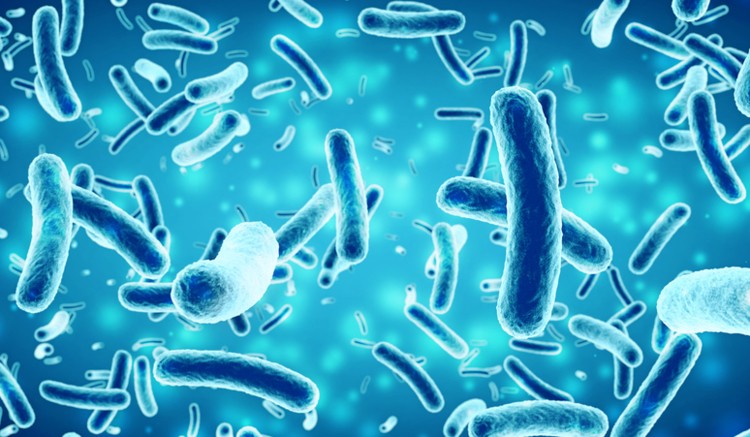
Due to the increasing prevalence of Antimicrobial Resistance (AMR) resulting from the overuse and misuse of antibiotics in aquaculture, experts have recommended the use of plant extracts, probiotics, and vaccines, as well as improved hygiene practices in disease management as sustainable alternatives to combat AMR.
These were part of the discussions during a stakeholders meeting to commemorate World Antimicrobial Awareness Week (WAAW) and raise awareness of AMR in aquaculture, and its implications, as well as explore strategies to mitigate the problem.
According to the experts, effective regulations and policies would go a long way in addressing AMR in aquaculture, urging stakeholders to implement measures to reduce antibiotic use, strengthen surveillance systems, and invest in research and development of innovative solutions.
They also discussed the increasing global prevalence of AMR and its potential consequences for both public health and food security. A member of the Antimicrobial Resistance Research Group, Department of Microbiology, University of Lagos, Nigeria, Dr Bamidele Odumosu, emphasised the need for a multi-sectoral approach to combat AMR.
“By working together, we can promote responsible antibiotic use, adopt sustainable aquaculture practices, and safeguard public health,” he stated.The event was supported by the Microbiology Society, United Kingdom (UK) and co-organised by Dr Tajudeen Bamidele, who is also a member of the Nigerian Institute of Medical Research and the Antimicrobial Resistance Research Group.
The Antimicrobial Resistance Research Group is a dedicated team of scientists working to address the growing threat of AMR through research, awareness, and advocacy for policies to combat menace.






